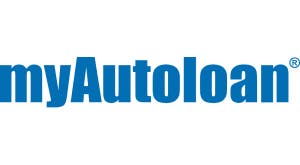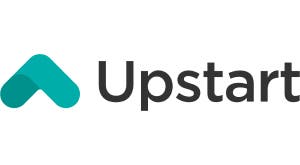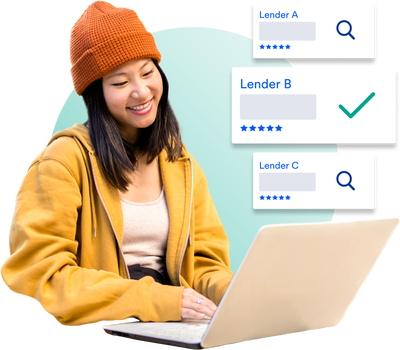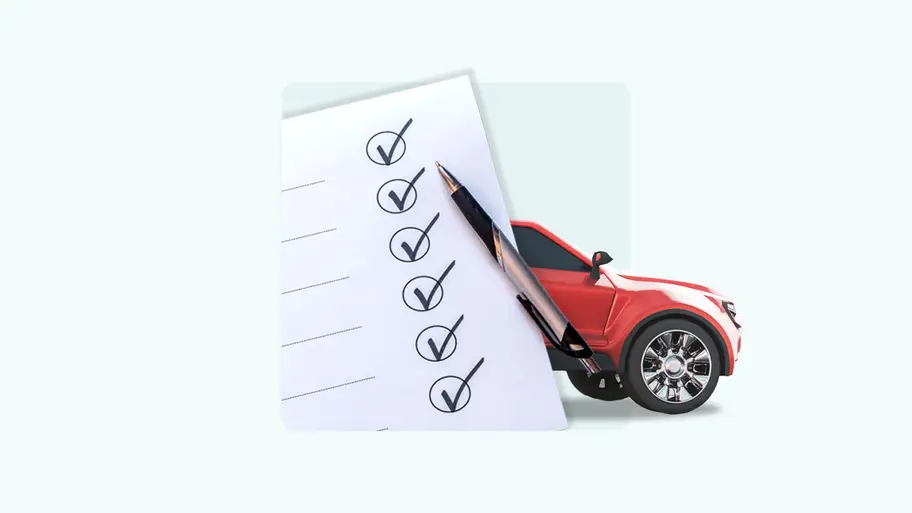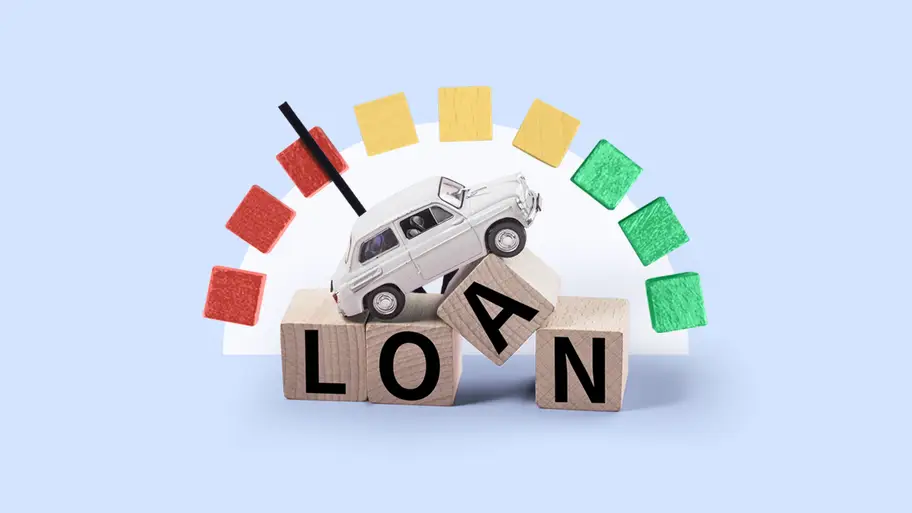REFINANCE
Caribou: Best for fair credit loan comparison

Bankrate Score = 4.5/5
Bankrate scores are objectively determined by our editorial team. Our scoring formula weighs several factors consumers should consider when choosing financial products and services.
The annual percentage (APR) includes your interest rate, plus any loan fees. It reflects the total cost of borrowing.
This lender is registered in states where it does business and was vetted by the Bankrate Editorial team.
Caribou helps borrowers refinance their current loans with the intent of getting better rates or terms. Following an application, borrowers will get access to multiple offers, which will help ensure they find the right new loan for their needs.
- Credit score of 640
- Minimum monthly income of $2,000
- Positive vehicle equity
- No more than 120,000 on vehicle
- Non-commercial vehicles only
- $499 processing fee may be passed on by lender
Pros
- Customer service available seven days a week
- Insurance bundling option
- Prequalification offered
Cons
- Not available in all states
- Potential processing fee
- High minimum loan amount
APR is the Annual Percentage Rate. Your actual APR may be different. Your APR is based on multiple factors including your credit profile and the loan to value of the vehicle. APR ranges from 4.64% to 28.55% and is determined at the time of application. Lowest APR is available for a 36 month term, to borrowers with excellent credit. Conditions apply. Advertised rates and fees are valid as of 10/7/25 and are subject to change without notice.
